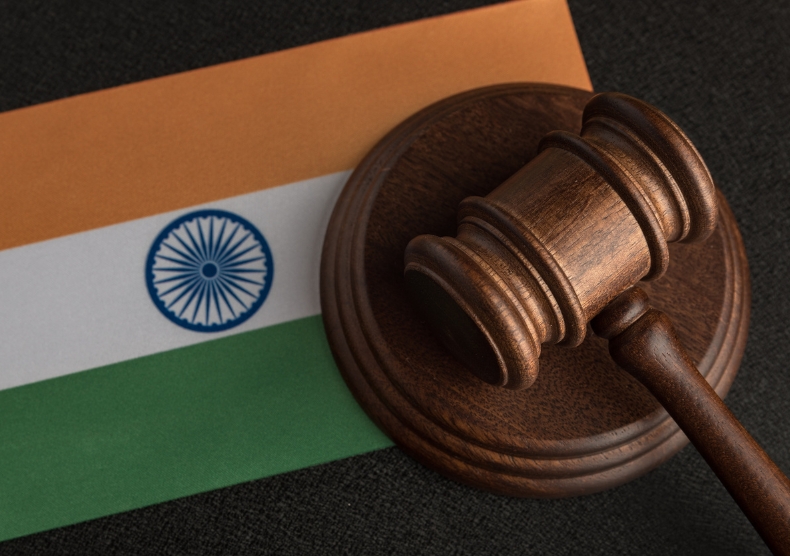Legal Essentials for Doing Business Between the Czech Republic and India – Key Legal Steps

A solid understanding of the rules is the cornerstone of every successful business. In the case of international trade between the Czech Republic and India, there are numerous legislative and administrative requirements that, if overlooked, can expose entrepreneurs to unnecessary risks. From choosing the appropriate legal structure and drafting international contracts to protecting intellectual property and meeting visa requirements — all of these factors can significantly impact the smooth execution of business transactions.
Typical Legal Forms of Business – How to Set Up a Company in India and the Czech Republic
Before entering a foreign market, it is essential to carefully consider the appropriate legal form of business. In the Czech Republic, the most common structures include a limited liability company (s.r.o.) and a joint-stock company (a.s.). In India, entrepreneurs can establish a Private Limited Company, which offers limited liability, or a Public Limited Company, allowing for public share trading. In both cases, it is strongly recommended to conduct a thorough analysis of legal obligations, minimum capital requirements, and tax implications.
Key Contractual Elements – What Should Not Be Missing in an International Agreement
When entering into international agreements, it is essential to clearly define the rights and obligations of both parties, payment terms, and the dispute resolution mechanism. A critical component is specifying the applicable law and any agreed arbitration process, as this can help avoid lengthy and costly legal disputes. Contracts should also take into account cultural differences and distinct business practices, which may vary significantly between India and the Czech Republic.
One of the biggest challenges in international trade lies in import and export regulations. Duties, certifications, and various restrictions—such as quotas or bans on specific goods—differ depending on the type of product and current trade agreements. It is therefore advisable to monitor legislative changes and consult with experts, such as the Indo-Czech Chamber of Commerce or agencies specializing in international trade law.


Intellectual Property Protection – How to Safeguard Your Product
In today’s globalized world, protecting intellectual property is more important than ever. If you are developing technologies or producing specialized products, it is essential to secure legal protection — such as patents, trademarks, or industrial designs — in both countries. Additionally, it is advisable to enter into licensing agreements or non-disclosure agreements (NDAs) to prevent unauthorized sharing of know-how.
To conduct business and manage projects in India, it is often necessary to obtain a business visa, and in some cases, a long-term employment visa. Similarly, Indian entrepreneurs and employees traveling to the Czech Republic must comply with local visa requirements. Here again, the Chamber offers valuable support by connecting businesses with the relevant contacts and providing expert guidance.
Proper legal setup is the foundation of long-term and stable cooperation without unexpected complications. Navigating the legal frameworks of two different countries can be complex, which is why working with experts — such as the Indo-Czech Chamber of Commerce — is essential. The Chamber provides advisory services and valuable contacts with legal and tax specialists who can significantly ease the first steps toward successful international business.





